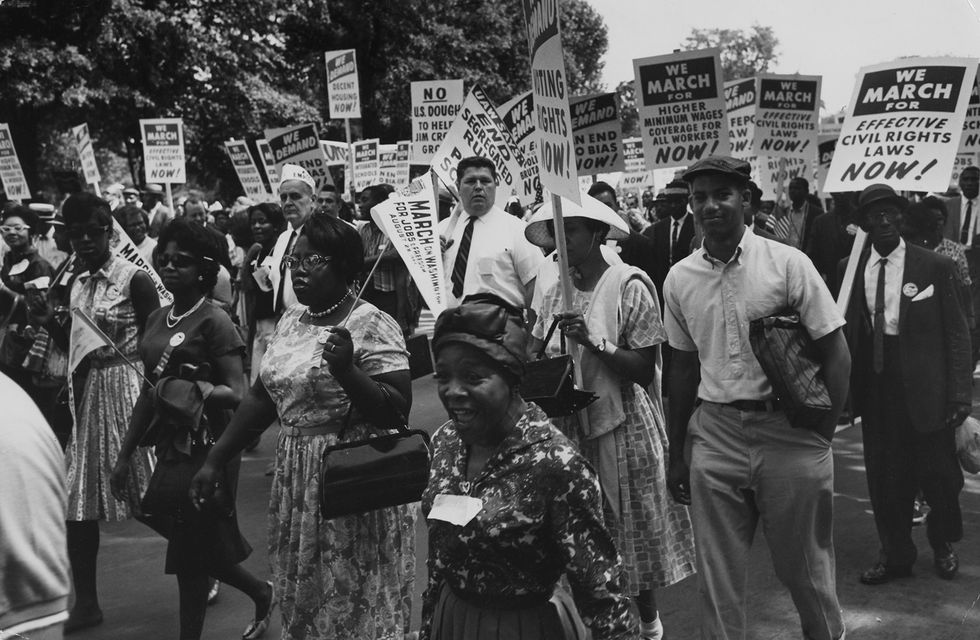Two events occurred this past week that I found absolutely appalling. First, Fox’s Bill O’Reilly said he could not hear what Congresswoman Maxine Waters was saying because he was distracted by her “James Brown wig.” This was his attempt at humor, but it was not funny. Second, Sean Spicer, the White House Press Secretary, attempted to silence and mock journalist April Ryan by telling her to “stop shaking your head” when he refused to answer her question about the Trump administration revamping their image.
O’Reilly and Spicer are not the first [white] men to disregard or ignore the voice of a black woman and they won’t be the last. This is also not the first time a man has made fun of a woman’s looks because he disagrees with what the woman is saying. What’s shocking about these statements is that it is still occurring today. Although, we have made many strides in equity for and amongst women, we still have a long way to go. According to the Pew Research Center, white and Asian men out-earn men of other ethnic groups and all women. And white and Asian women out-earn black and Hispanic women. This showcases that we still have some progress to make in order to ensure that everyone (no matter their gender or race) has opportunities to make more than a living wage.
Despite this, there has been a rise in the image of hard-working and smart black girls and women. The media and Hollywood are beginning to let go of the typical archetype and showcase black women who are doctors and lawyers. We now have Olivia Pope, Annalise Keating, and Rainbow Johnson. Hidden Figures, a movie about three black, femalemathematicians who worked for NASA, was nominated for three Academy Awards. I personally think we should see more black women who are artists, scientists, writers, journalists, educators, etc. depicted in the media so that our girls know they have an opportunity to pursue whatever they want. The #BlackGirlMagic movement has made a great effort to showcase how amazing black girls and women are so people can let go of the stereotypes that have held us back for years, not only in the workplace, but also when it comes to dating. Recently, Spicer's and O’Reilley’s comments have sparked a new hashtag, Black Women at Work, where black women share what they have to deal with almost on a daily basis at work. I am glad that these women have come out to share their stories so that people realize how commonplace Spicer's and O’Reilley’s comments are.
Black girls and women come in all shades and body types. We have different personalities and different goals. We are mothers, sisters, and friends. And we are all beautiful in our own way. Although not everyone recognizes this, I am glad that others are finally accepting and embracing it.






















